- The personal data of over 500 million Facebook users was posted in a low-level hacking forum.
- It includes phone numbers, full names, locations, email addresses, and biographical information.
- Security researchers say hackers could use the data to impersonate people and commit fraud.
- See more stories on Insider's business page.
A user in a low-level hacking forum on Saturday published the phone numbers and personal data of hundreds of millions of Facebook users for free.
The exposed data includes the personal information of over 533 million Facebook users from 106 countries, including over 32 million records on users in the US, 11 million on users in the UK, and 6 million on users in India. It includes their phone numbers, Facebook IDs, full names, locations, birthdates, bios, and, in some cases, email addresses.
Insider reviewed a sample of the leaked data and verified several records by matching known Facebook users' phone numbers with the IDs listed in the data set. We also verified records by testing email addresses from the data set in Facebook's password-reset feature, which can be used to partially reveal a user's phone number.
A Facebook spokesperson told Insider that the data had been scraped because of a vulnerability that the company patched in 2019.
While it's a couple of years old, the leaked data could prove valuable to cybercriminals who use people's personal information to impersonate them or scam them into handing over login credentials, according to Alon Gal, the chief technology officer of the cybercrime intelligence firm Hudson Rock, who discovered the trough of leaked data on Saturday.
"A database of that size containing the private information such as phone numbers of a lot of Facebook's users would certainly lead to bad actors taking advantage of the data to perform social-engineering attacks [or] hacking attempts," Gal told Insider.
Gal discovered the leaked data in January when a user in the same hacking forum advertised an automated bot that could provide phone numbers for hundreds of millions of Facebook users for a price. Motherboard reported on that bot's existence at the time and verified that the data was legitimate.
Now the data set has been posted on the hacking forum for free, making it available to anyone with rudimentary data skills.
Insider attempted to reach the leaker through the messaging app Telegram but did not get a response.
This is not the first time that lots of Facebook users' phone numbers have been found exposed online. The vulnerability uncovered in 2019 allowed millions of phone numbers to be scraped from Facebook's servers in violation of its terms of service. Facebook said that vulnerability was patched in August 2019.
Facebook vowed to crack down on mass data-scraping after Cambridge Analytica scraped the data of over 80 million users in violation of Facebook's terms of service to target voters with political ads in the 2016 election.
Gal said that from a security standpoint there wasn't much Facebook could do to help users affected by the breach since their data is already out in the open, but he added that Facebook could notify users so they could remain vigilant about phishing schemes or fraud using their data.
"Individuals signing up to a reputable company like Facebook are trusting them with their data, and Facebook [is] supposed to treat the data with utmost respect," Gal said. "Users having their personal information leaked is a huge breach of trust and should be handled accordingly."



 Your new post is loading...
Your new post is loading...





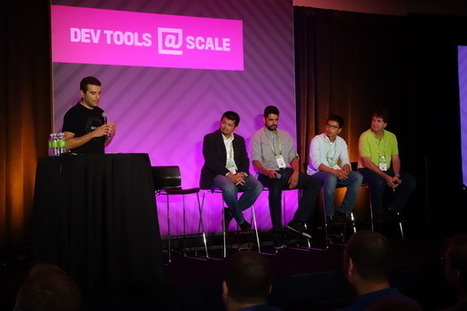

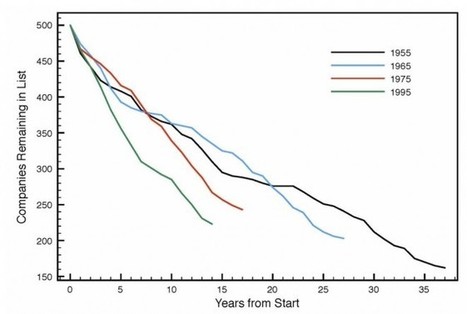
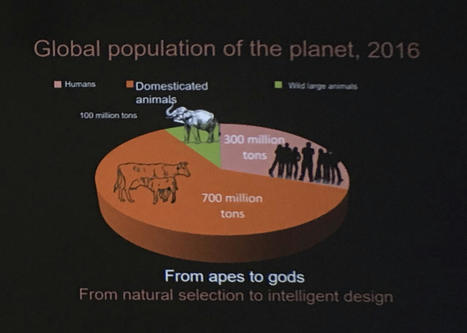
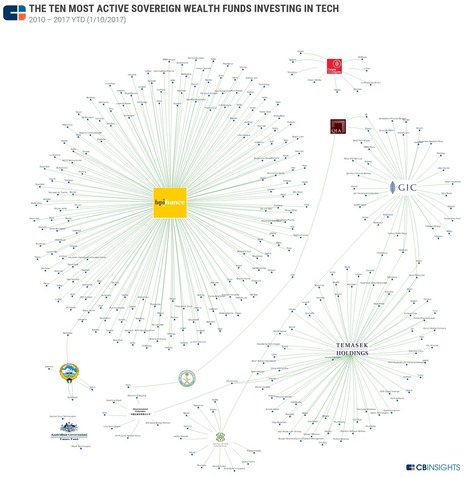

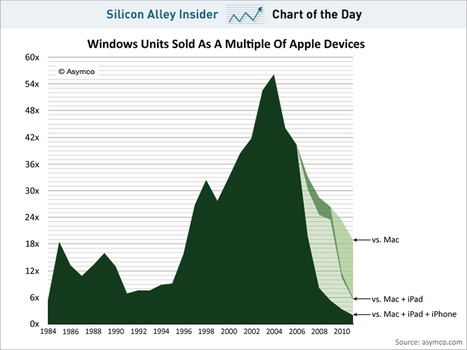
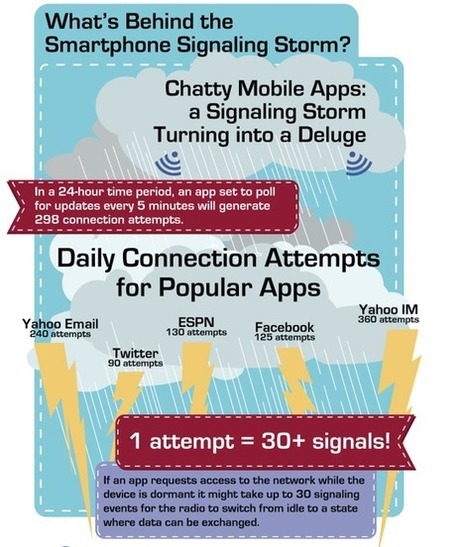





Ouch.